Articles with tag 'Open Source'
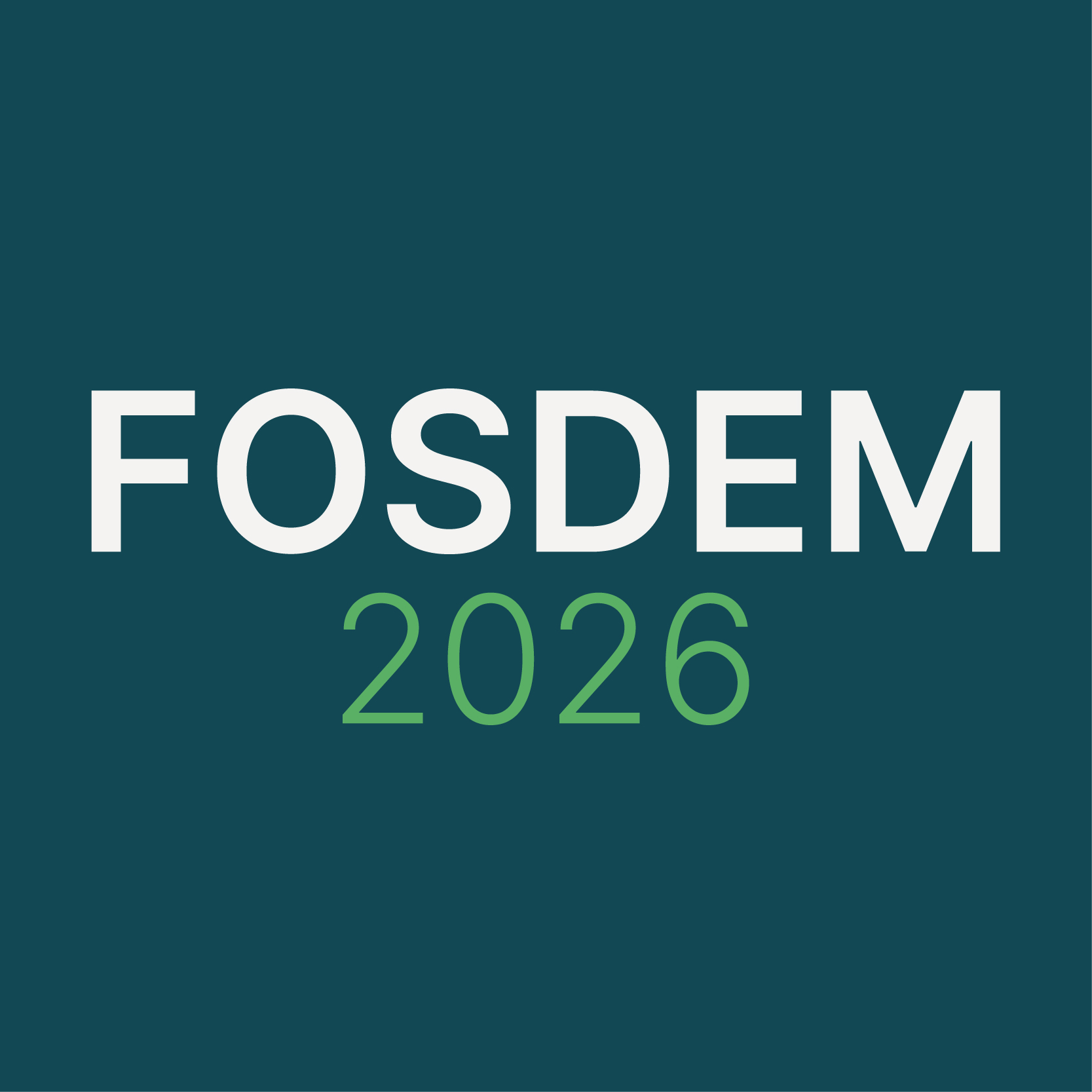
Codethink will be attending FOSDEM 2026 with multiple presentations, talks and panels from our team!
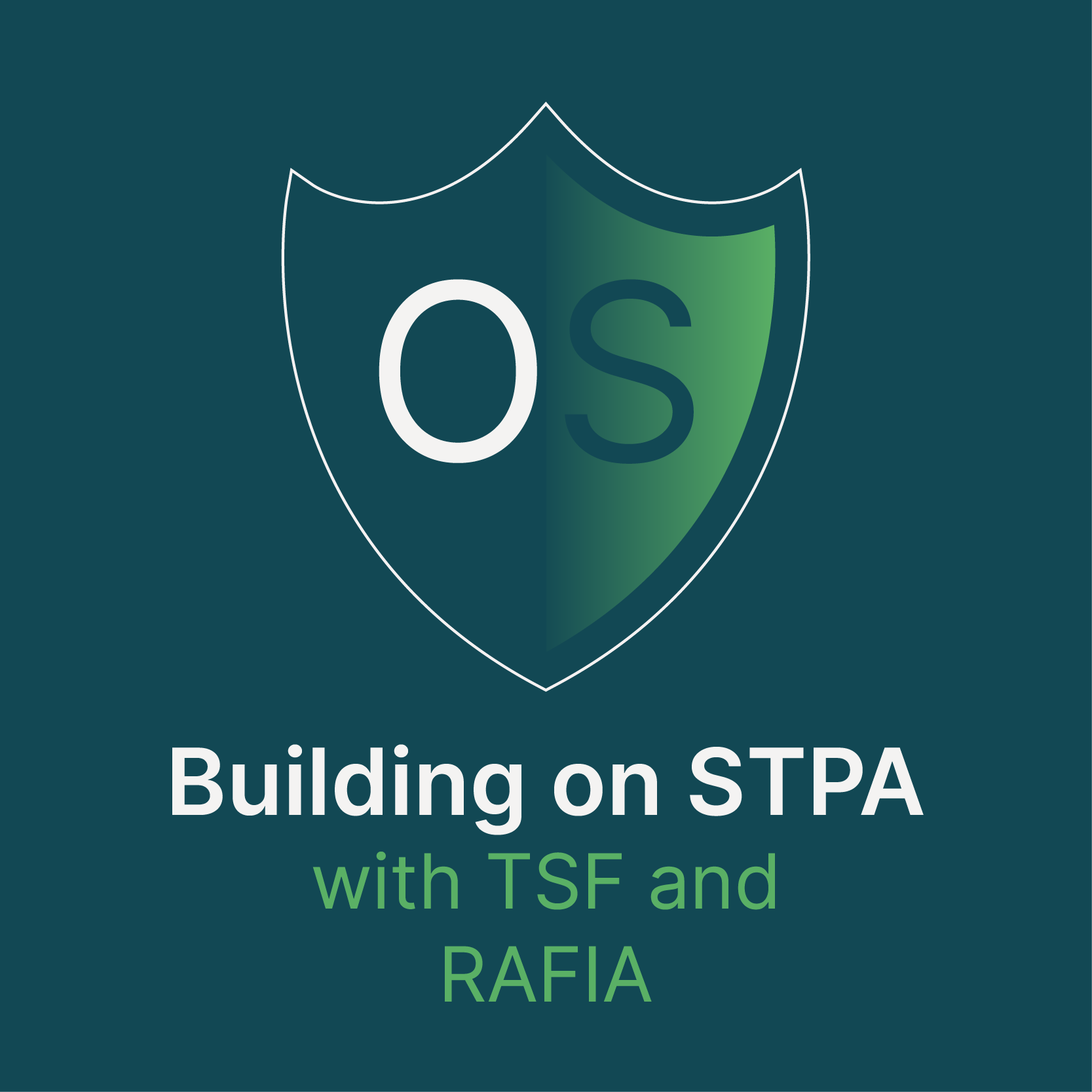
A case study of an iterative approach to safety engineering of a Linux-based OS, allowing lessons from hardware-in-the-loop tests to immediately feed back to a formal STPA analysis.
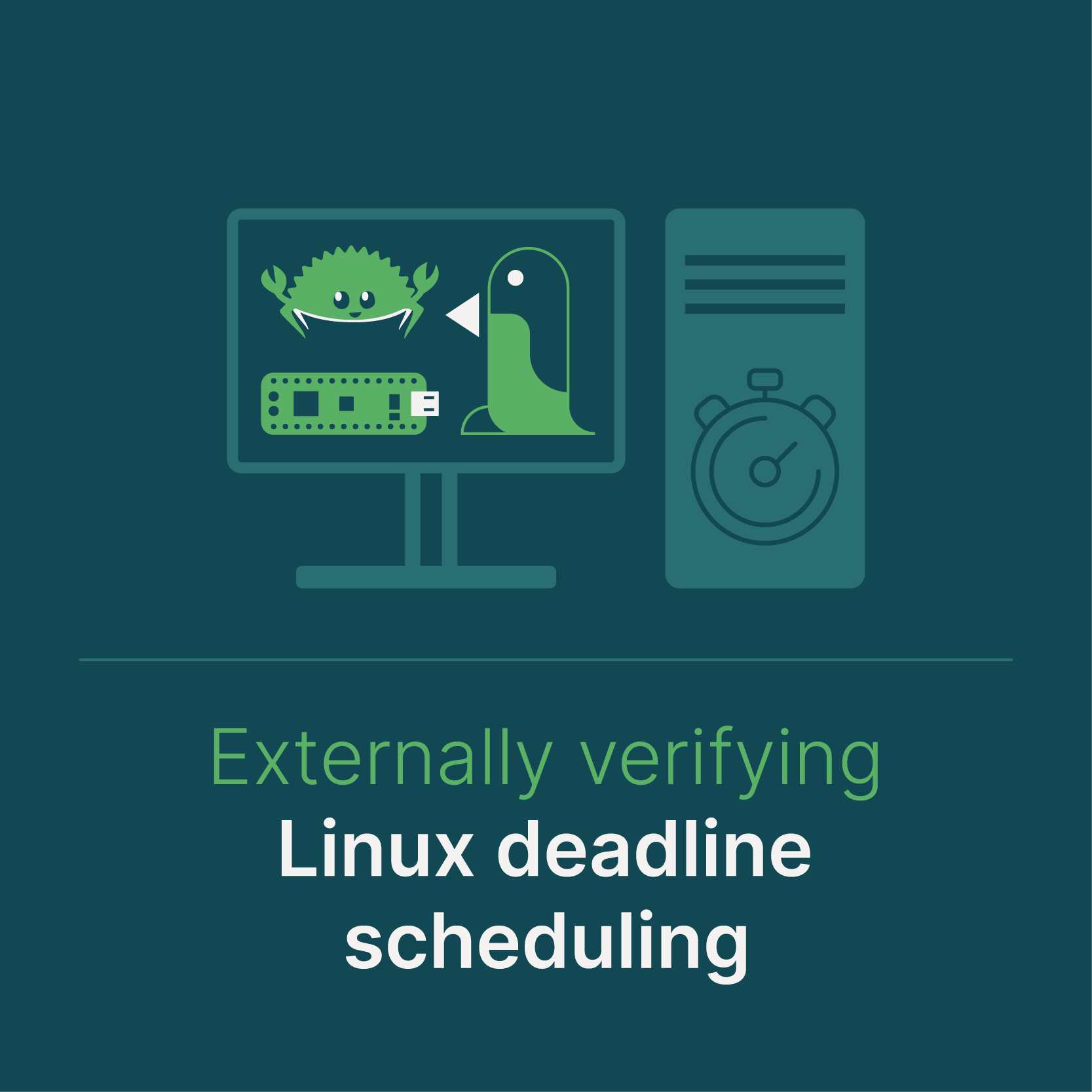
Exploring how Codethink used embedded Rust to measure Linux’s scheduling performance with an external clock, while maintaining bit-for-bit reproducibility of the testing firmware.
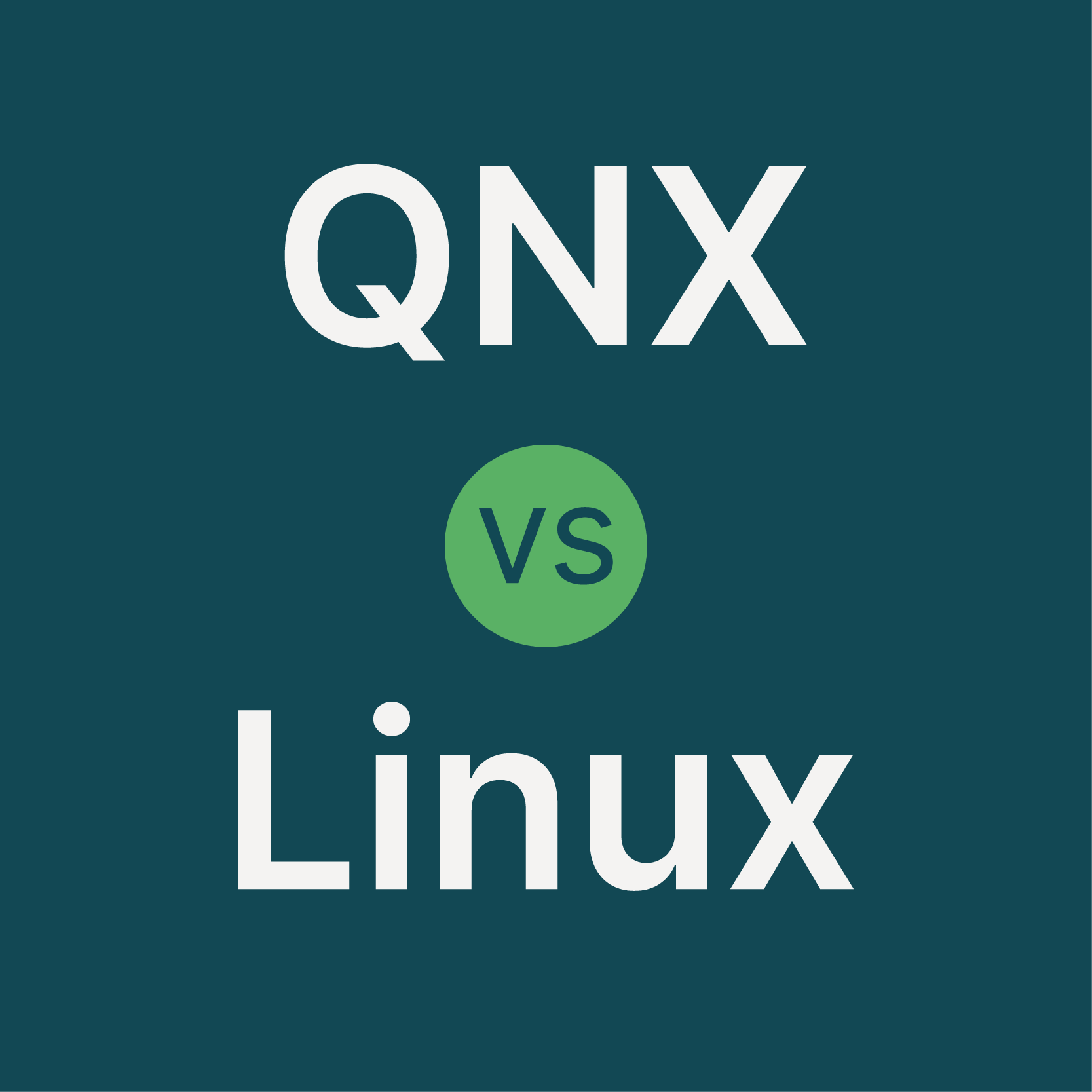
Codethink dives into the Linux vs. QNX debate—focusing on architecture, performance, scalability, and long-term production viability.
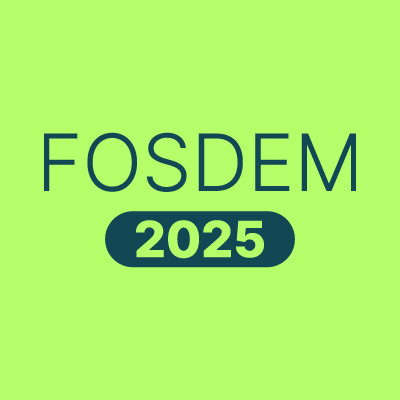
Codethink will be attending FOSDEM 2025! Read our blog post for a preview of the talks and presentations the Codethink team will be giving in Brussels.
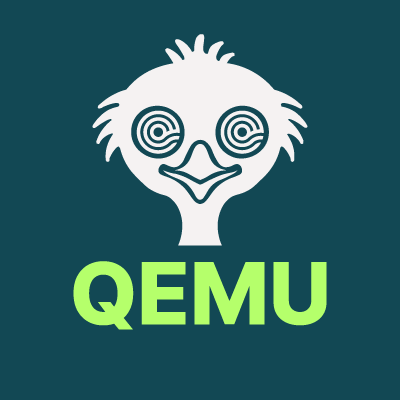
Facing hardware delays? Testing embedded software doesn’t have to wait—here’s how QEMU bridges the gap.
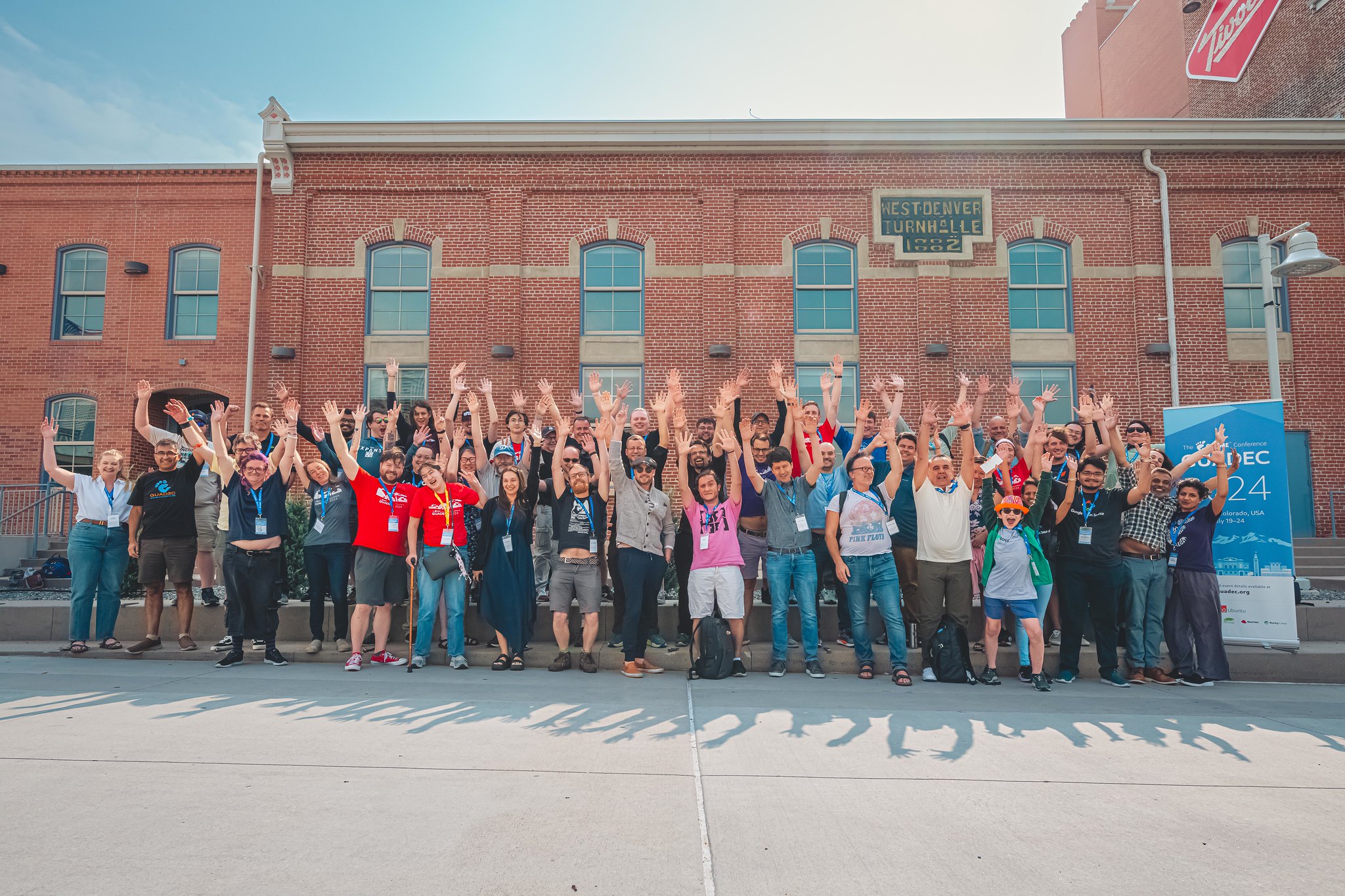
Explore the highlights of GUADEC 2024, where the GNOME community came together to share ideas, collaborate in workshops, and discuss the future of open source.
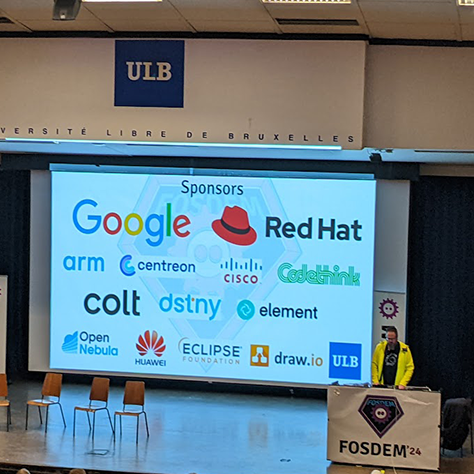
Last week 40+ Codethings descended upon Brussels for FOSDEM 2024 , along with thousands of members of the Free & Open Source Software community.

Sam Thursfield, Software Engineer at Codethink has given up his time to become an open source mentor for Outreachy.

Codethink has been developing a number of tools and processes in order to automate as much of the testing pipeline for embedded systems as possible.

Codethink is excited to announce its attendance at the upcoming SDV Europe conference in Berlin from November 26th to November 28th.
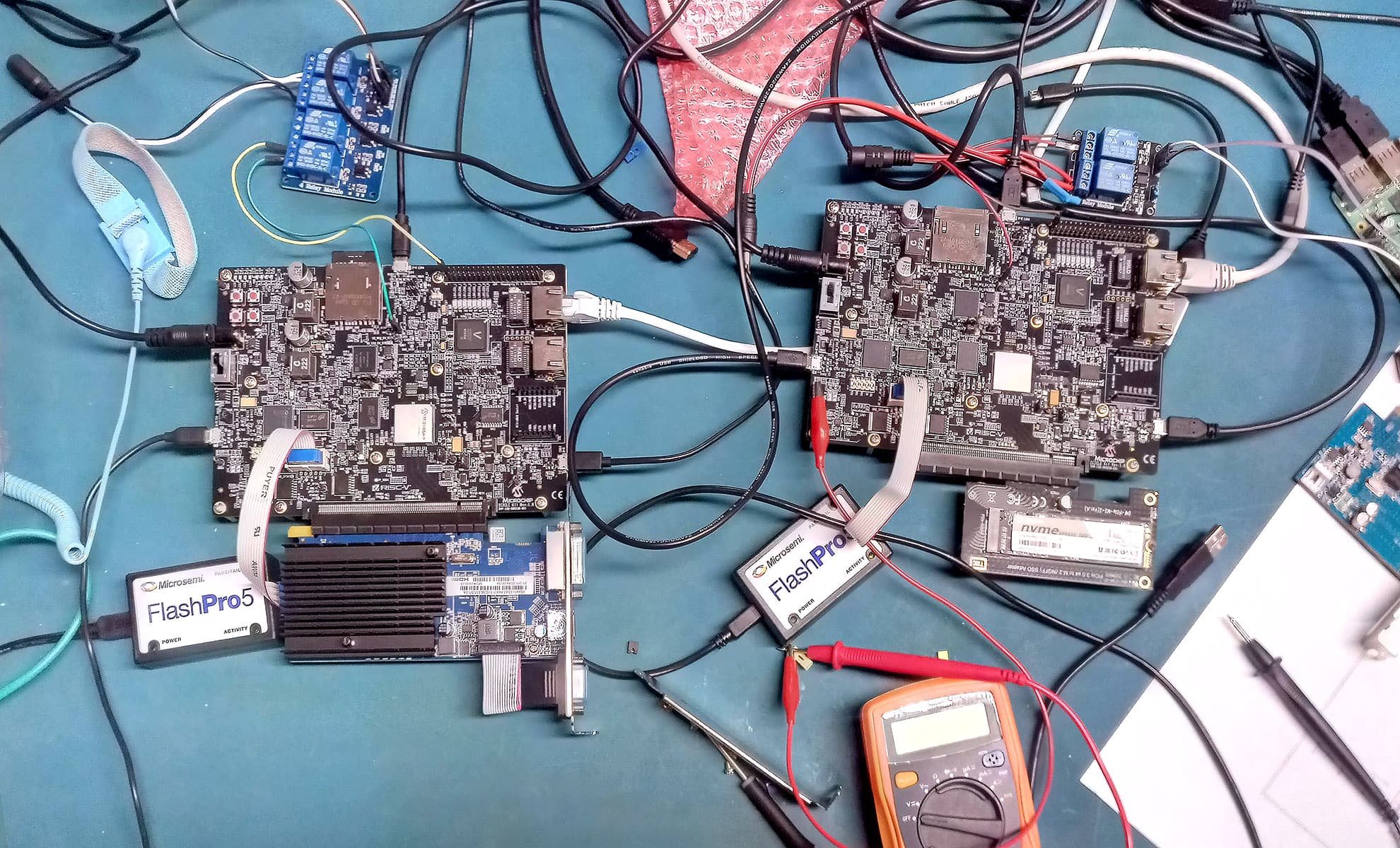
Continuing our work on robust testing in support of long-term maintainability, we present a testing pipeline that makes use of both LAVA and OpenQA to perform automated kernel tests on RISC-V hardware.

Codethink has automated some end-to-end testing of Android Automotive on our public openQA instance.

GUADEC 2023 has been another great event for the GNOME community.
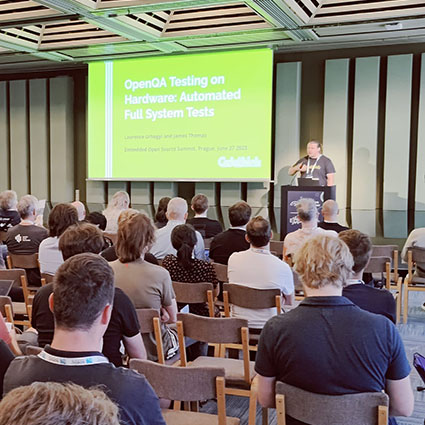
In June, this year, a number of Codething’s attended the Embedded Open Source Summit (EOSS) in Prague.

Learn to achieve long-term maintainability in embedded software with practical open source tools and best practices for effective support.

BuildStream 2.0 is finally here - with improved performance, remote execution support, and a host of new features.
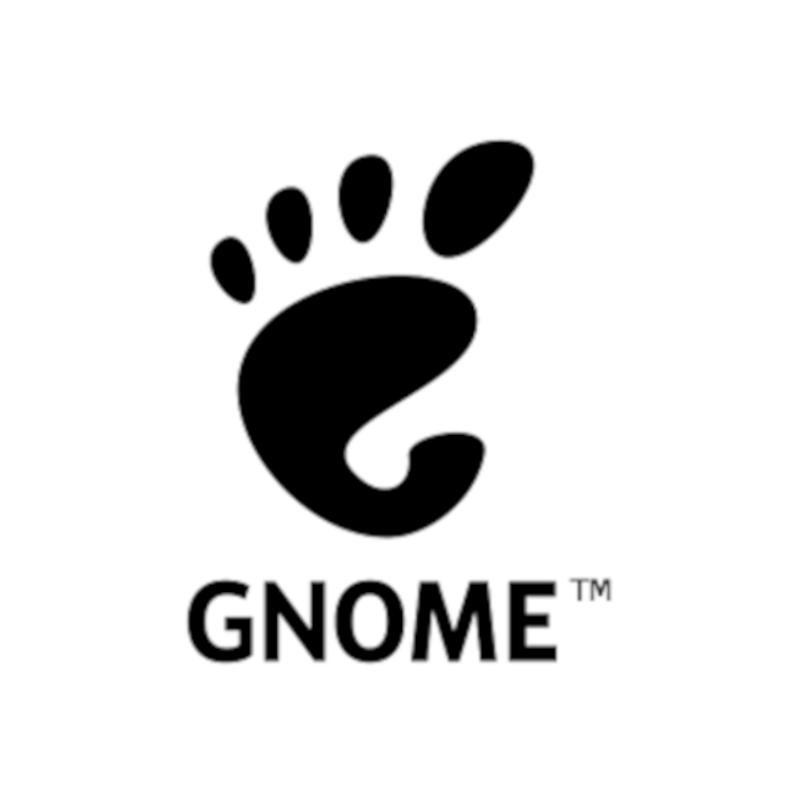
GNOME OS and Atomic Upgrades on the PinePhone

Codethink collaborates with Flathub to bring forward a way to support open-source developers
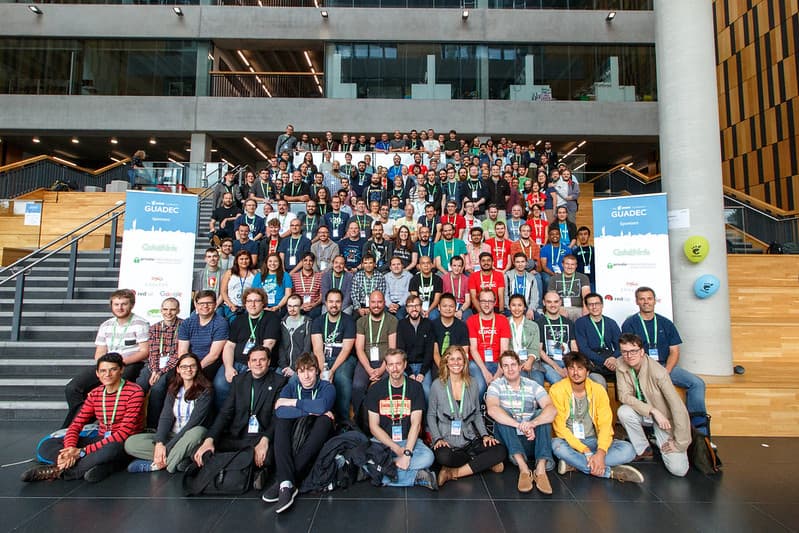
Codethink is happy to sponsor GUADEC one year more

Finding and fixing an interesting reproducibility issue

Automated testing of browser-based web applications from the command line.

Codethink continues to participate in the promising RISC-V ecosystem, and we have exciting news around Freedesktop SDK and GNOME.

Everyone wants the same thing: stable software for the long term, including the latest features. To achieve this, you need to have confidence in your software and in the software you depend on, which has to come from testing.

High quality releases require high quality testing infrastructure. To show how deep OS and GUI testing can be done, let's look at the OpenQA instance we helped set up for GNOME.
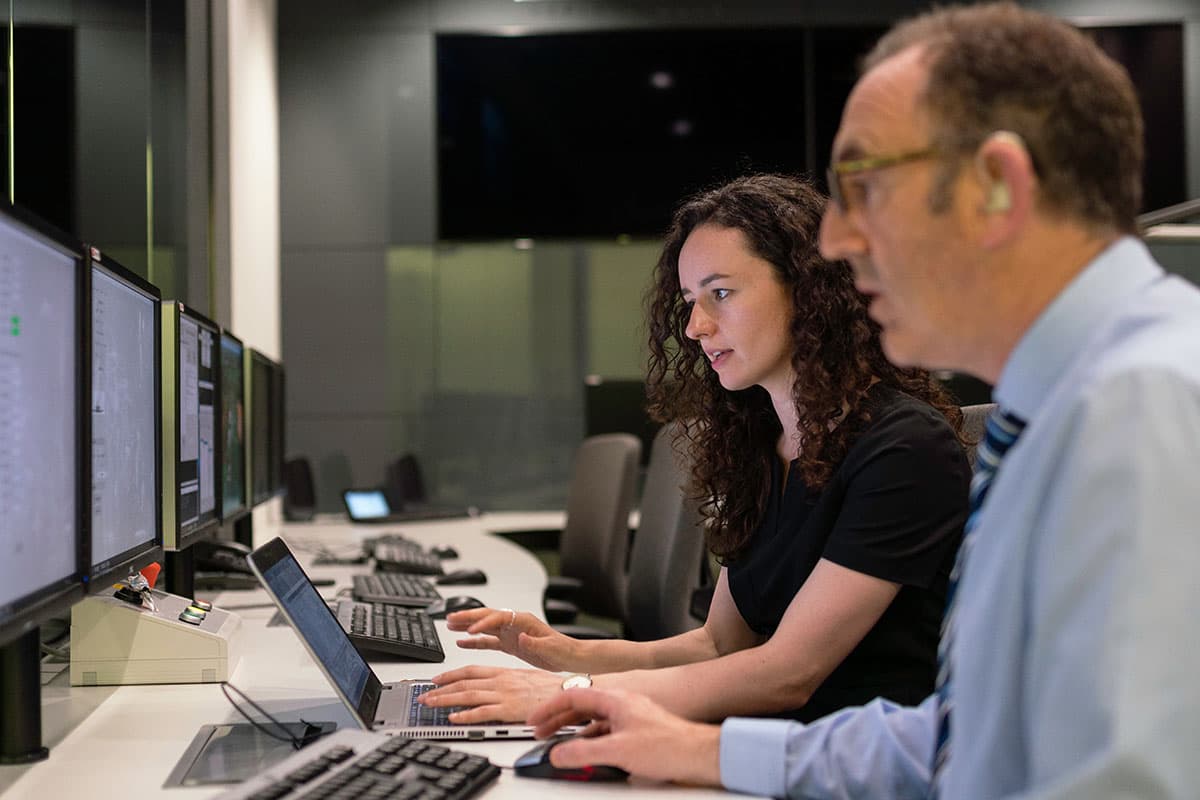
You’ve made a choice to use open-source software as part of your product release. That’s a great start. Open-source software projects usually have large contributing communities that help improve the software’s quality and functionality over time.

For the last few months, the BuildTeam Community has been organising a meetup to gather like-minded community members to discuss, share and exchange innovations and relevant topics and systems in build.

Consuming open-source is only the start of the journey for many companies. Whether by design or necessity, organisations find themselves adapting from being simply open-source consumers to being full-fledged producers, contributors and maintainers, eventually working in public, following ‘open by default and ‘upstream first’ principles.

As part of Codethink's interest in RISC-V I have been following the RISC-V kernel list. Whilst looking through the postings the following bug came up, titled: [syzbot] BUG: unable to handle kernel access to user memory in schedule_tail

This blog post is about the Remote Asset API, describing its components and going into detail about the server-side implementation which has been worked on here at Codethink.
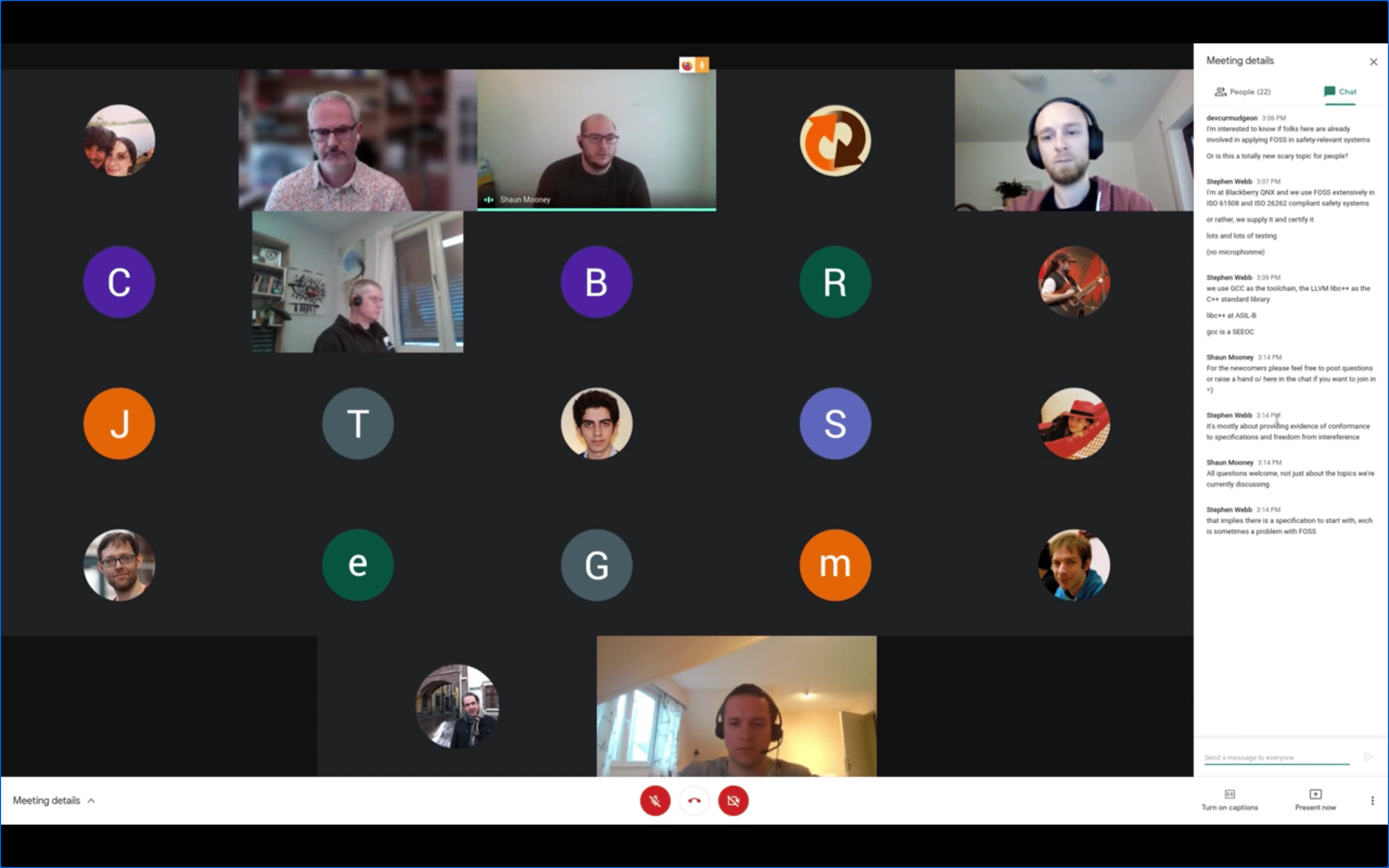
Codethink recently ran the Safety and Open Source devroom at FOSDEM 2021. Unfortunately, due to Covid-19, this was entirely virtual. However, this did make the conference more accessible to those who would otherwise be unable to attend. 2021 was the first year that the safety devroom had been run, and hopefully, it will become a regular occurrence at FOSDEM in future years.

When something as exciting as a completely open CPU architecture comes along, it's hard to stop Codethink's engineers from getting involved. We've set up an internal research project with the goal of learning about RISC-V, and we have some interesting results already.
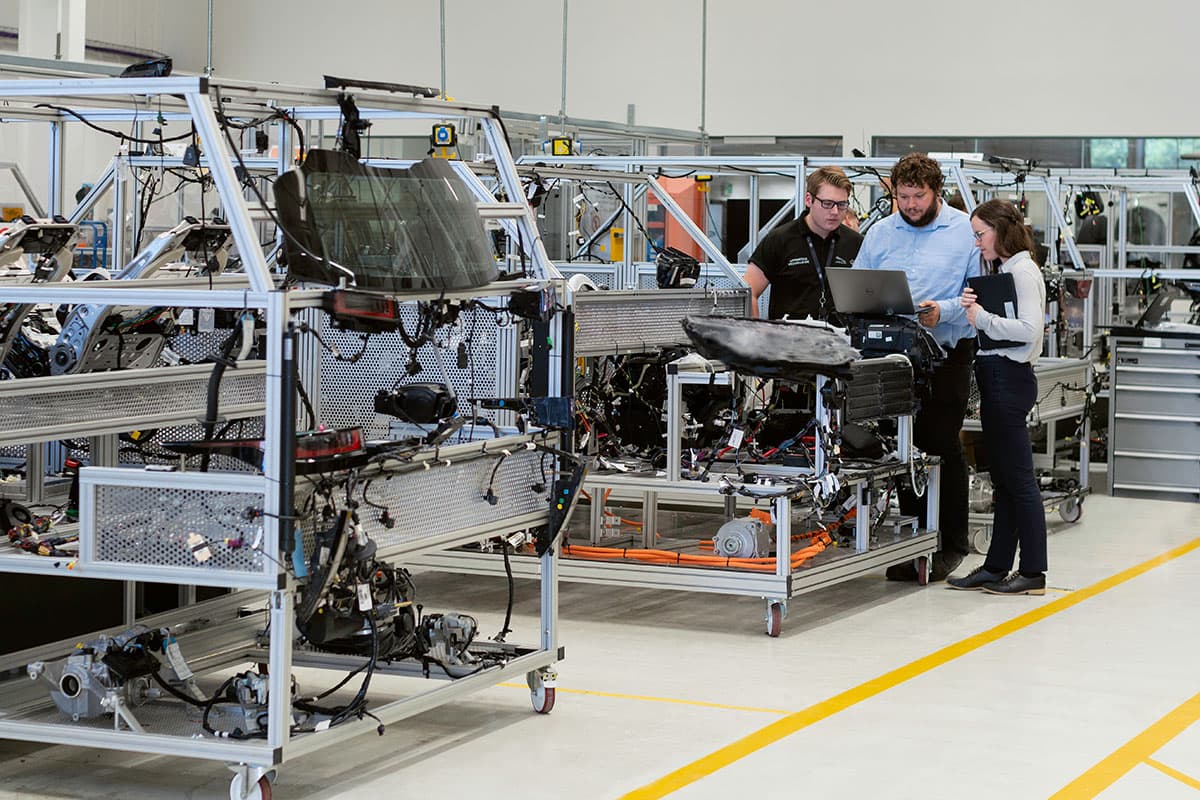
In this episode of 'Meet the Codethings', we've asked Shaun about FOSDEM, the future of safety-critical software in automotive, and STPA. Keep up-to-date with our news about safety by just subscribing to our Safety newsletter at the end of the article.

FOSDEM is a two-day event organised by the FOSS community for FOSS the community. This event aims to gather like-minded professionals to learn, teach, and broaden their knowledge and network. This is a fun and exciting weekend for the developers and our employees since they are hosting their first devroom this year.
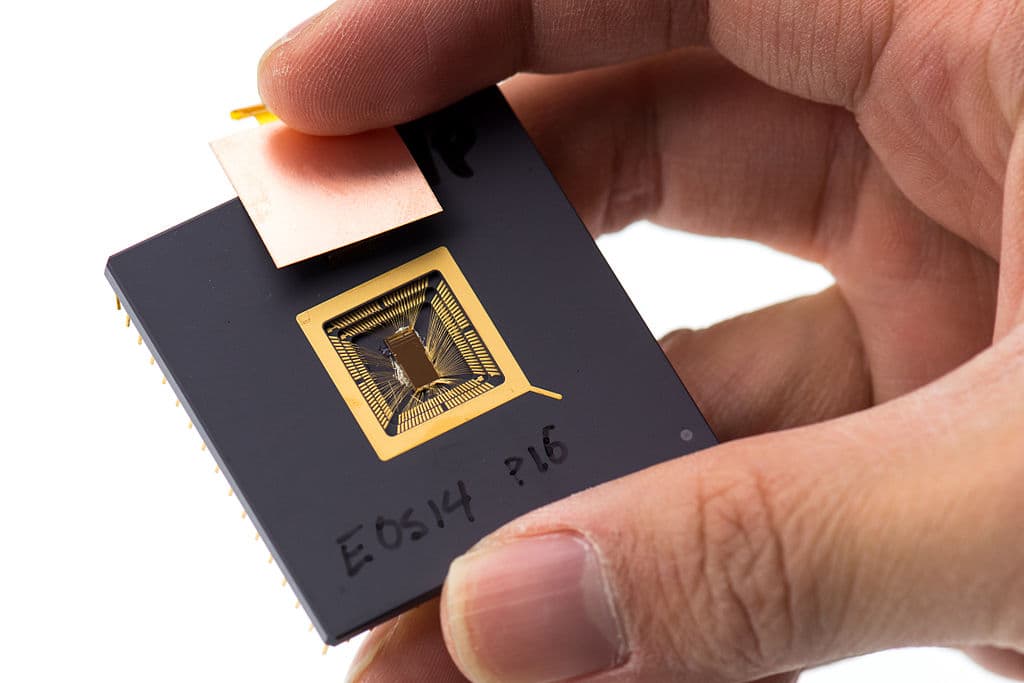
Ben Dooks is our Senior Engineer and Open Source Consultant with more than 15 years’ experience contributing to Linux Kernel. Dooks joined Codethink 8 years ago, and since then he's been involved in a range of projects involving the Linux kernel, such as the MEG project, amongst others.

FOSDEM is coming, 6th and 7th of February 2021! In addition to attending the virtual event, this time Codethink engineers will be curating the Safety and Open Source Software Dev Room.

Bazel and BuildStream are tools which are commonly used to organize and delegate the building of software. There are a few key differences between them but largely they are concerned with the same development problems.
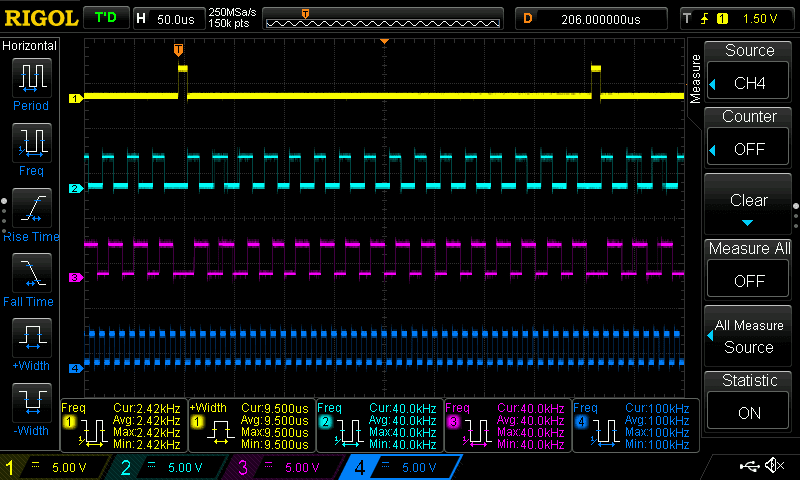
In our previous blog post we introduced the Interrogizer project. Interrogizer is a logic analyser, which means it samples binary signals and sends the samples to a host computer as fast as possible.
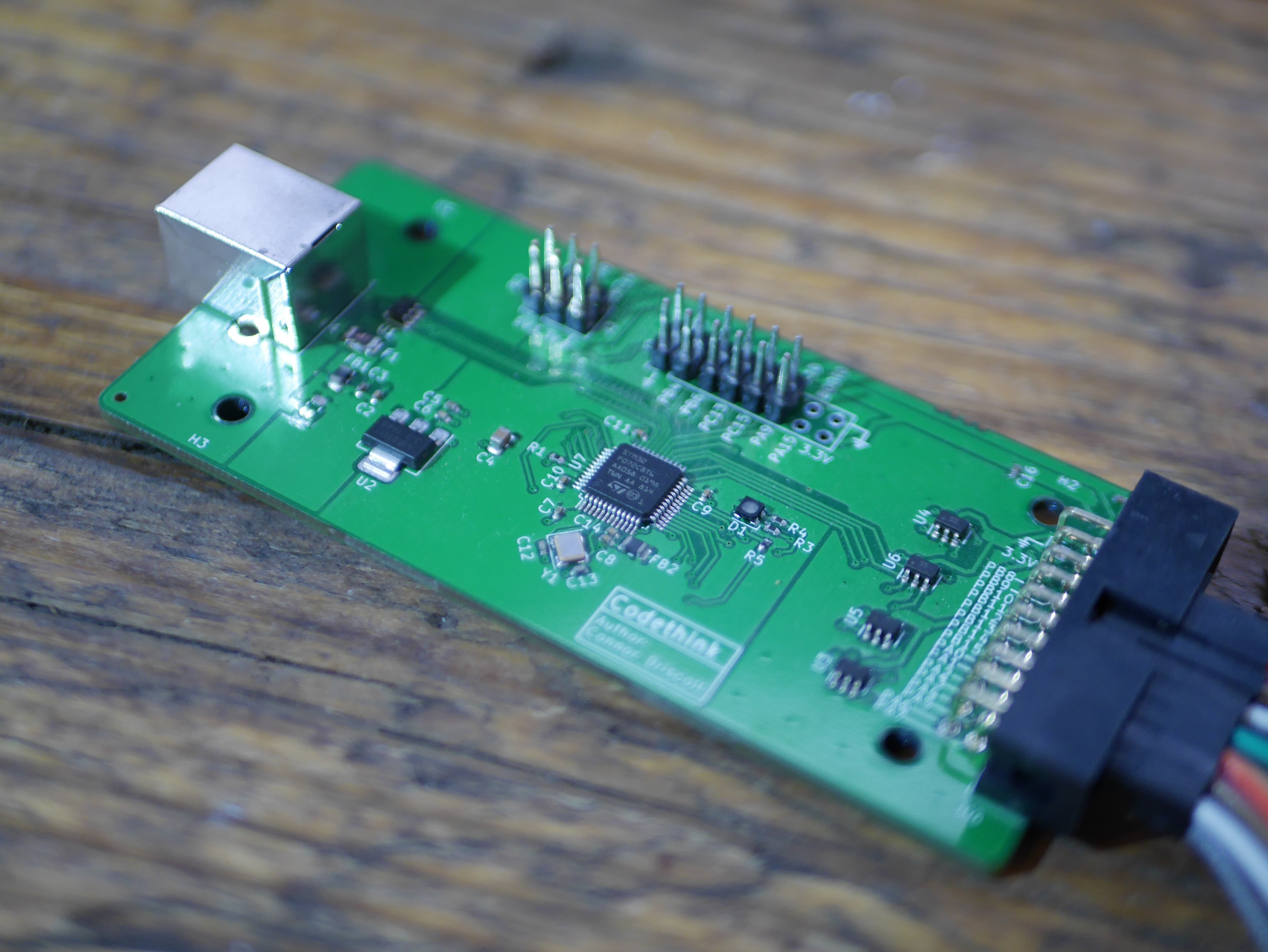
Interrogizer is an Open Source project, aimed at providing developers with an affordable and easily producible tool to aid troubleshooting by enabling measurement of digital signals. Started from a desire to share hardware knowledge around Codethink, the device uses a small microcontroller placed on a simple PCB that can be easily and cheaply produced; allowing for iterations of the product as development progresses.

In an evermore software-intensive world, the security of software systems has become a critical part of product design and implementation. One way in which attackers exploit software systems is by crafting malicious inputs. The defence to such attacks is a combination of defensive programming techniques including input validation.

In this post I'm going to talk about the recent tranche of work I've put into a tool I wrote called topplot, which plots graphs from the data produced by the system utility top.
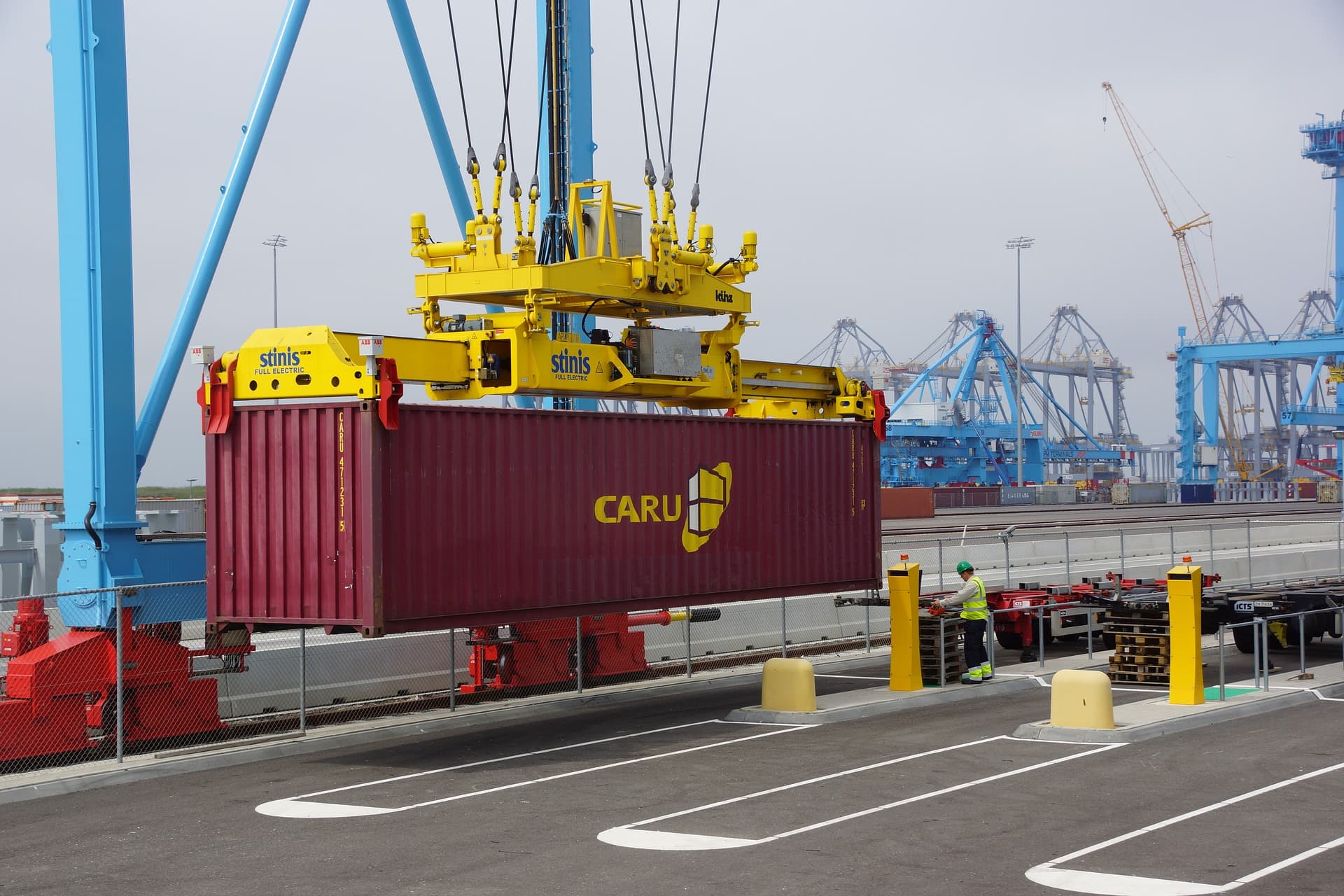
We’re excited to see that Red Hat has decided to offer flatpak runtimes for RHEL with a ten year security fix plan...
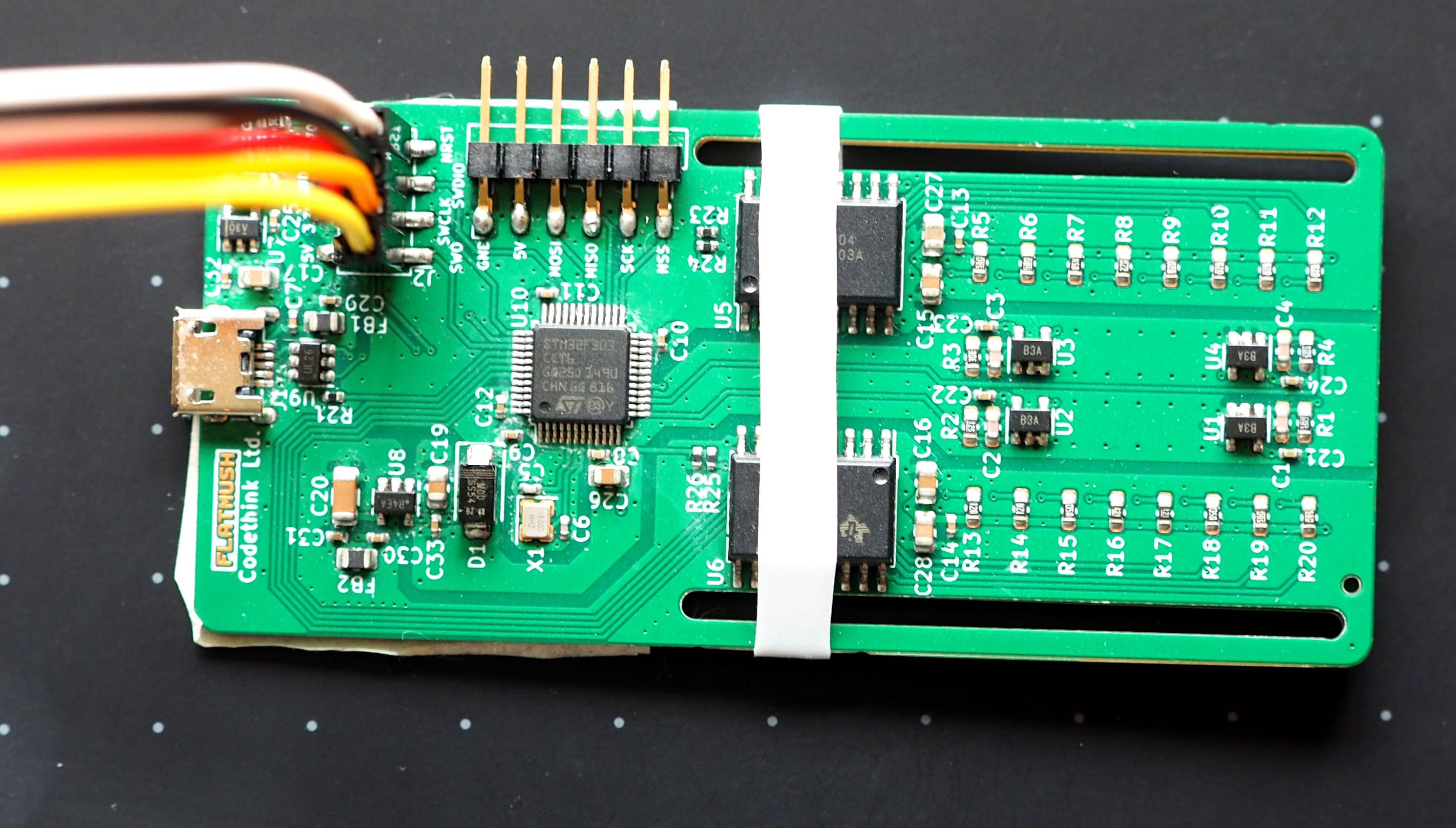
Codethink is working on a project to design a fully open-source (hardware and software) research device for experimenting with shining light into skin and detecting the light that reflects, gets absorbed and passes through. This kind of technology is widely deployed for measuring heart rates.

In the mid-2010s, Codethink developed the software suite for specifying, developing, and building Linux-based systems. The work has been used by several long-standing customers and Codethink even uses it for some of our own infrastructure. This blog will take you through work done to modernise one of the components of Baserock - Lorry.

Codethink is a software company that works on various client projects; ranging from medical, finance, automotive. In these different areas of engagement; we are trusted to work on various types of problems that clients face with their systems. One such problem encountered required us looking at a userspace software where the program was occasionally not responding on time.
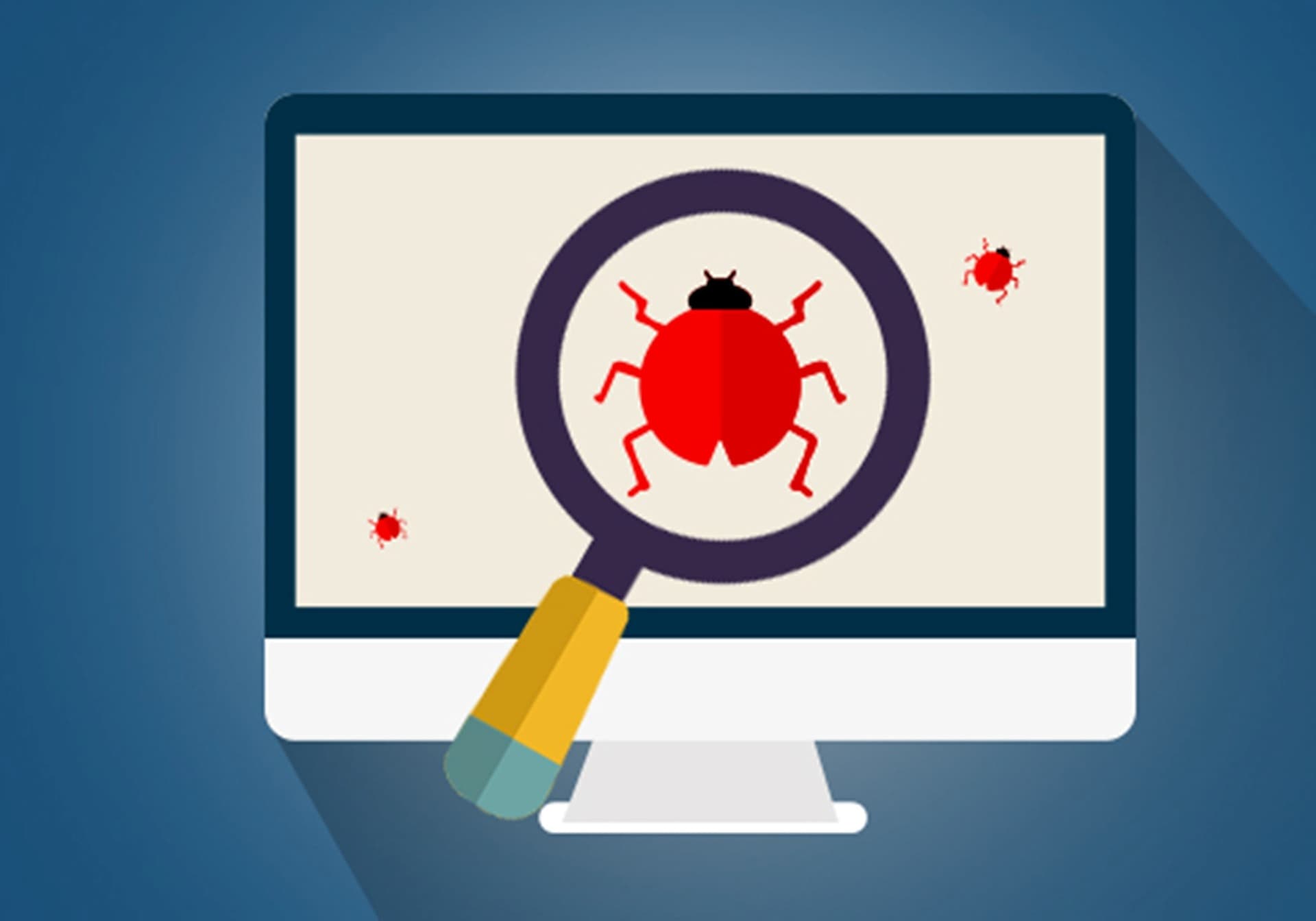
In my previous blog post I introduced my work to improve Rust's support for RISC-V Linux systems. Since then I have fixed a couple of interesting compiler bugs. This blog post describes my process to track down these issues; explains some rustc internals; and discusses movement in the broader Rust community regarding RISC-V.

In 2019, electric vehicles accounted for 7.4% of total passenger car registrations in the UK. For an ever-more environmentally conscious population, this presents a very low number. Electric vehicles are often seen as a next step, or even a solution for greener transportation. Indeed, electric vehicles are becoming a more accessible option for an increasing number of consumers, and getting closer to a wider public adoption.

In 2018, Codethink worked with Lukas Bulwahn from BMW on a project investigating some core functionality of the Linux kernel that is relevant to safety considerations of an assumed system. We wanted to share some of our findings from this work, as it could prove useful to communities interested in using Linux in a safety-critical context.

Buildstream projects can easily be consumed by Bazel projects by use of a bazelize element, offering greater flexibility and an easier path to integrating third party dependencies

RISC-V is a new Instruction Set Architecture developed in the open and available for use without paying a license fee. This means there are no barriers to achieving open hardware implementations, which opens the door to performant (mostly) open hardware processors...
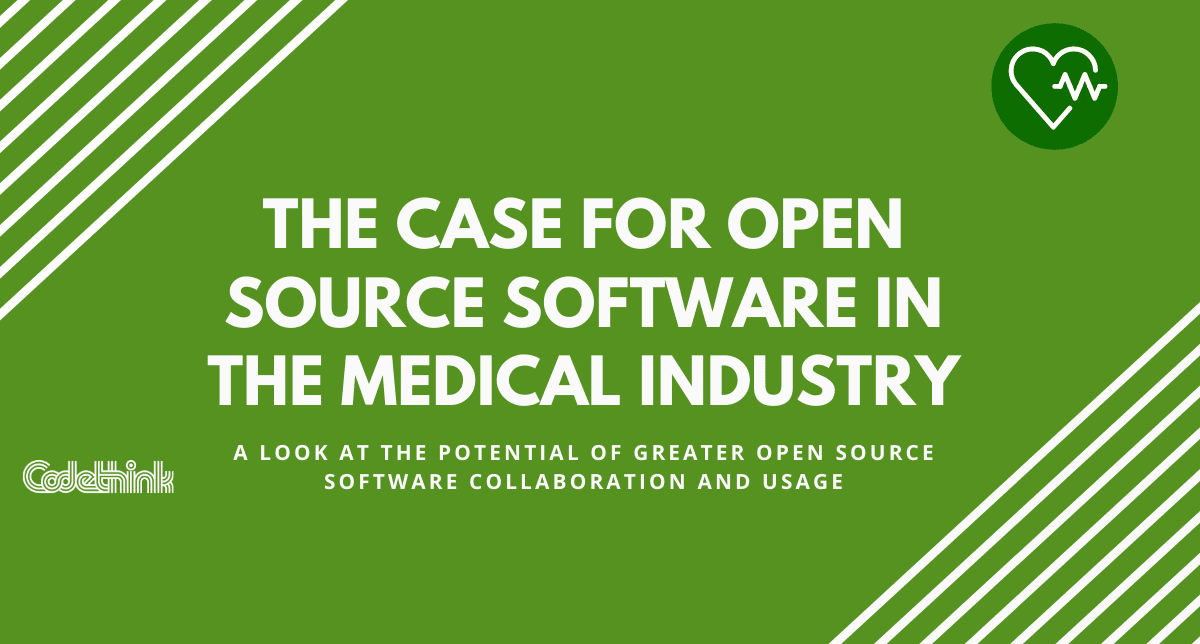
Medical Devices are utilising software more than ever before. Recent challenges from COVID-19 have outlined some of the great benefits of utilising open source within the Medical industry. Chris looks at the benefits Open Source Software and projects could bring to the industry, as well as potential drawbacks of implementing an open-source initiative

Codethink recently worked on platform libraries for the real-time M4 cores of the MediaTek MT3620, the first Azure Sphere chip certified by Microsoft focusing on the development of a set of drivers for the peripheral subsystems (SPI, I2C, I2S, ADC, PWM, GPIO and Timers).
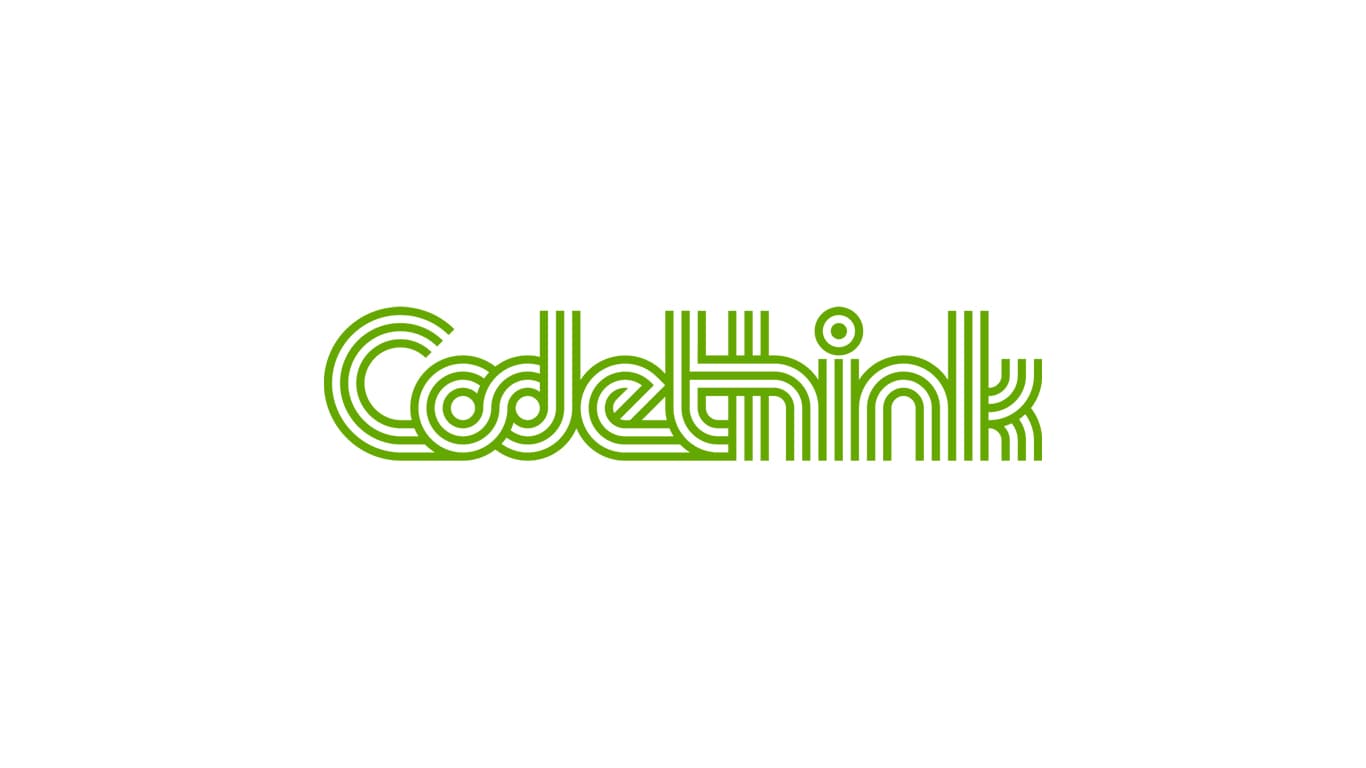
Codethink’s culture stems from the world of open source software. A large part of what it means to be a Codething is taking part in the sharing of knowledge across the company and learning on a daily basis. This practice drives the development of understanding in different areas of …

Building software
Part of creating software involves translating source code into instructions that can be executed by hardware and packaging the results in a way that can be consumed by users. That process is known as building (although colloquially it sometimes can be referred to as compiling).
For small programs …

Debian is over 20 years old now, and the venerable distro is keeping the ball rolling by releasing its latest version, 10.0 (Buster), last Saturday.
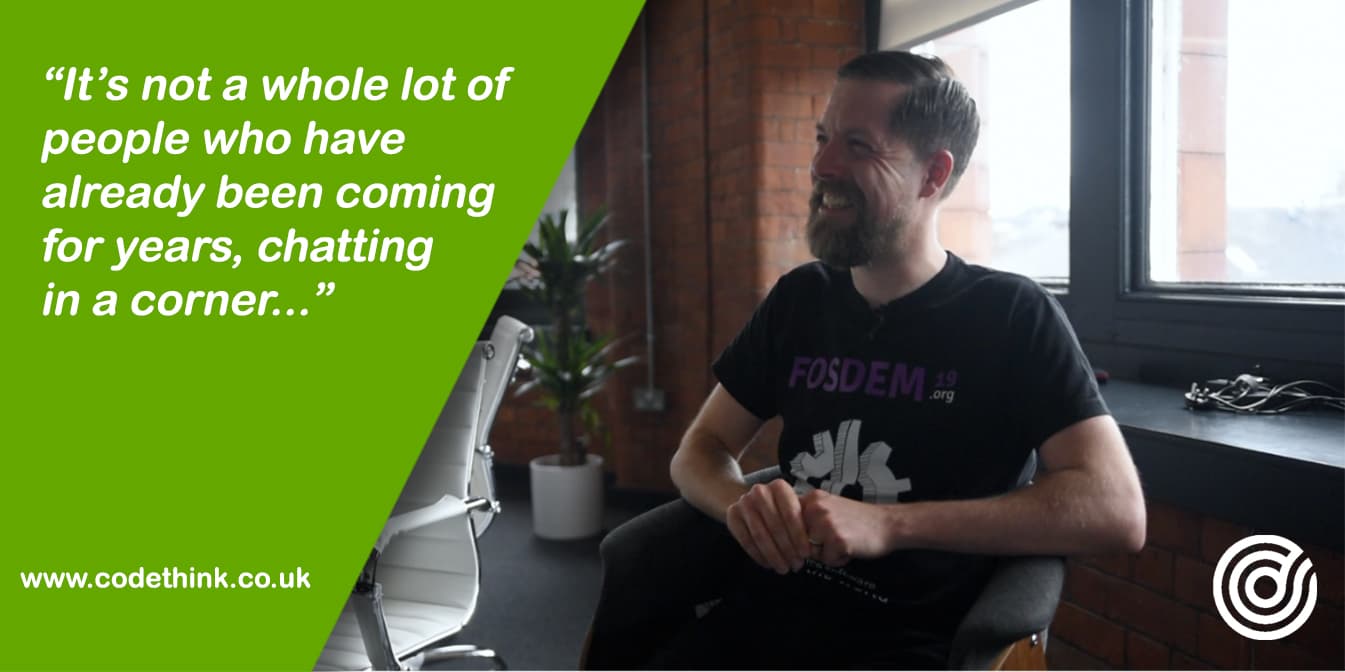
Free/Libre Open Source Software (F/LOSS) projects have always been community-driven affairs. Many of the tools that we use at Codethink are the result of years of passionate work put in by dedicated developers. They use their free time to provide the world with useful, thoughtful and creative software.

It is nearing the end of pride month, and over the course of June, here at Codethink we wanted to explore the question of inclusivity in the open source community. When we first wrote this article, we noted that the Wikipedia page on the matter was sparse, and we were surprised there was such a lack of detail. To address this, we contributed some of the research in this article, hoping to make it more easily accessible.

Here at Codethink we've recently been putting some energy into enhancing our onboarding process that we have in place for all new starters at the company. As we grow steadily in size, it's important we have a well defined approach to welcoming new employees into the company and introducing them …

Interview with Adam Jones discussing how to get into open source, and why Open source software is at the heart of Codethink.
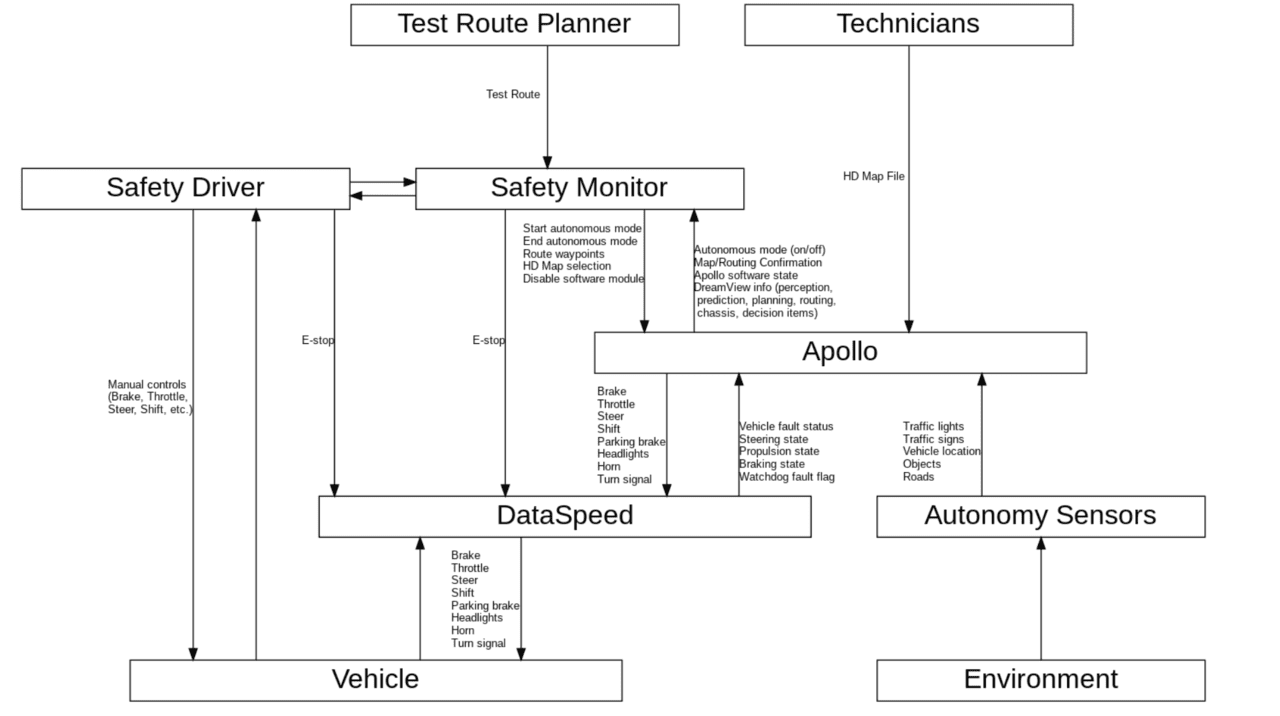
As a result of collaborative research with MIT, Codethink announces a new open source project AV-STPA, to analyse and document safety requirements for autonomous vehicles by applying System-Theoretic Process Analysis.
On our continuing journey to understand the implications of safety and security risk management for complex software-intensive systems, Codethink has …

For a project with one of our larger clients, Codethink engineers had been using a 3rd party debugging board, purchased by the customer. Engineers found that the debug board features were quite limited. Due to the delicate design of the board, the lead time for production was long and as …
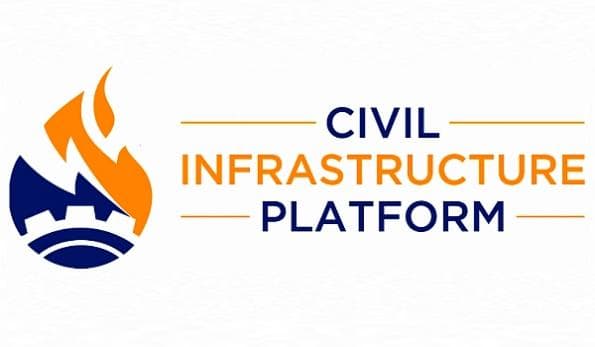
The Civil Infrastructure Platform (CIP), a Linux Foundation Initiative, is attracting the attention of well known stakeholders in the Industrial Grade space.
The long term project goal is to create an Open Source base layer for industrial grade systems collaboratively to enable the creation of reusable building blocks that meet …
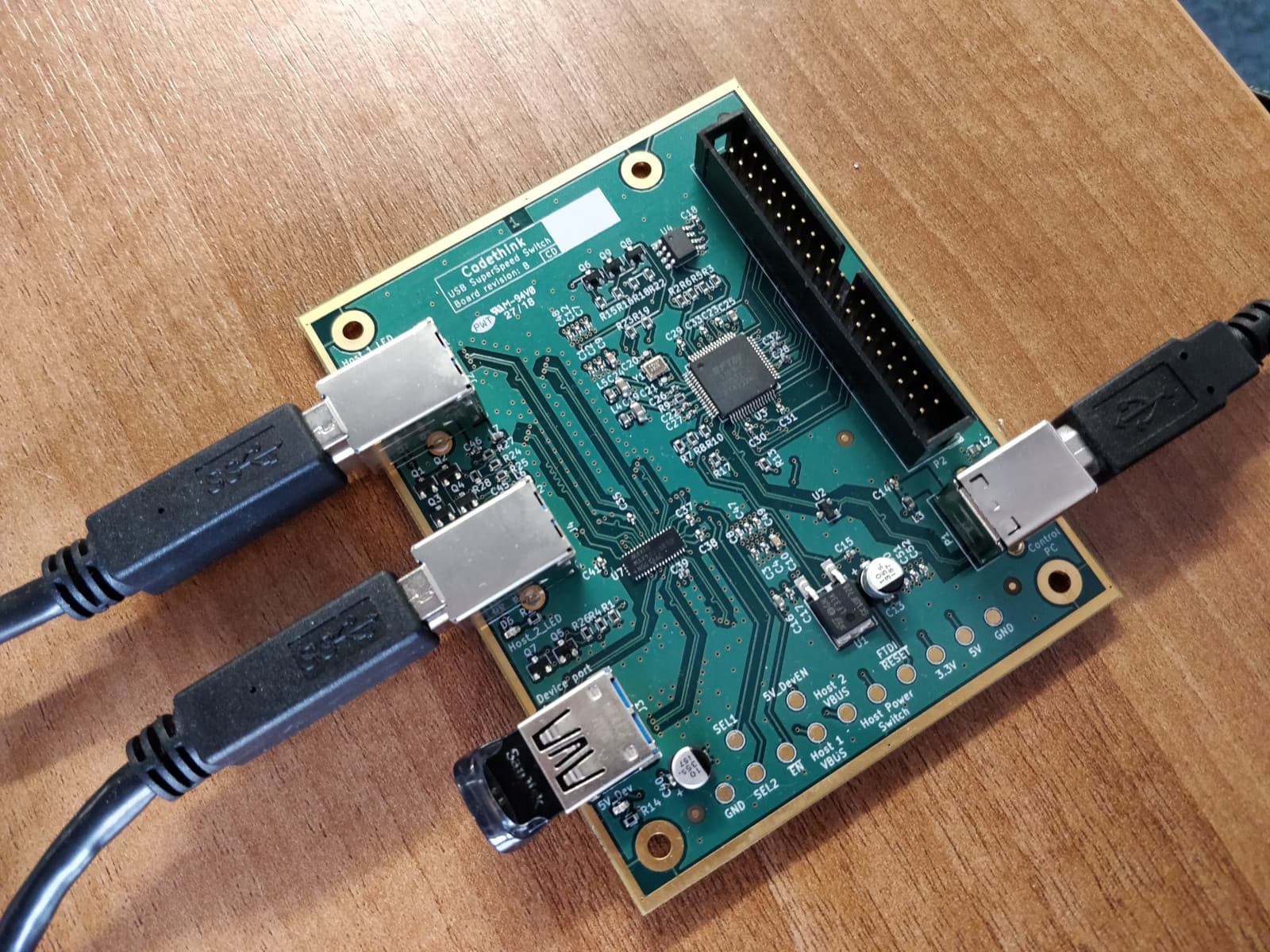
Over the course of three months and two PCB revisions, Codethink developed a USB 3 switch (See Image) in order to address issues regarding software deployment and continuous integration faced by one of our major customers.
The aim was to deliver a computer-controlled, automated deployment pipeline for testing software on …

I attended GUADEC 2018, and really enjoyed it, and I feel that I got a lot out of it.
The talks were recorded and they should be put online some time soon, I think. They need volunteers to do some video editing first though.
There is an issue for doing …

Many embedded/automotive vendors are recommending that electronic control unit (ECU) consolidation can be best achieved by adopting an architecture with a hypervisor. The idea is to isolate functions into guest operating system virtual machines and restrict access to sensitive resources. So examples of the consolidated architecture look something like …

Traditionally ELCE has been an important annual event for Codethink. This year was no exception. ELCE 2017 was not only a great technical event but...

FLOSS event offerings have exploded in the last few years. You can find everything from very elite, invitation-only pricey events to small, local meetings that are open to everybody...

Tristan explains his new initative BuildStream and what it could mean for GNOME in 2017.

A look at open source for Civil Infrastructure, and why we're a founding member of CIP.

This post was originally a quick email to a client and their other partners detailing what the output from the "top" tool means, which is a utility which shows a list of running processes on a UNIX system along with statistics on their memory and CPU consumption.
Here's an example …

Moving from a traditional product/release focused delivery model to a rolling model. Agustin talks about our team's work on the GENIVI Development Platform and the transition to a continuous delivery model.

As part of International Supercomputing Conference 2016, Codethink announced an open source Fortran parser that enables modernisation and execution of many academic, scientific, and commercial algorithms on ARM, Intel, and OpenPOWER.

Standing up
We do standups to keep the team aware of what everyone is doing, and to identify roadblocks. Doing them on IRC means we can
- log the minutes
- have remote participants
- be in more than one standup at once (eg Project Manager)
Standups should be short - approx 10 minutes …

Codethink is delighted to be sponsoring the first systemd conference.

Maintaining 100 million lines of code on your own is not much fun, and surprisingly expensive.

First Public Baserock Meetup to be held in Manchester, England.

NVIDIA Jetson TK1 + Baserock + Linux 3.15 in one day Engineers take just 24 hours to get a new open source 3.15 Linux operating system running on new NVIDIA Jetson TK1.
Tag Index
- Aarch64 (2)
- ABI Stability (1)
- AGL (1)
- Algorithm (2)
- Android Automotive (1)
- Ansible (1)
- API (1)
- Architecture (2)
- Arm (2)
- ASIL D (1)
- Atomic Upgrades (1)
- Audio (2)
- Automation (2)
- Automotive (13)
- Automotive Grade Linux (1)
- Autonomous Vehicle (1)
- Azure (2)
- Baserock (6)
- Bazel (5)
- Bazelize (2)
- Big-endian (3)
- Bloodlight (3)
- Board Support Packages (1)
- British Cycling (1)
- Bugs (1)
- Build (3)
- Build Engineering (16)
- Buildbarn (2)
- BuildBox (4)
- Buildfarm (1)
- BuildGrid (5)
- Buildroot (3)
- BuildStream (12)
- C (2)
- Case Design (1)
- CD (2)
- Certification (2)
- Christmas (2)
- CI (3)
- CICD (11)
- CIP (3)
- CLI (1)
- Cloud (1)
- Cloud-native (1)
- CMake (2)
- CNN (1)
- Code Review (1)
- Coding Puzzle (1)
- Community (7)
- Compilers (4)
- Conferences (15)
- Continuous Delivery (2)
- Continuous Integration (1)
- Coronavirus (4)
- Culture (11)
- CVE (1)
- Cyber Resilience Act (1)
- Data (2)
- Databricks (1)
- DebConf (1)
- Debian (1)
- Debugging (4)
- Decision Analysis (1)
- Devices (1)
- DevOps (2)
- Distributed Builds (2)
- Diversity (2)
- Drivers (1)
- Eagle (1)
- ELCE (1)
- Electric vehicles (1)
- Electronics (2)
- Embedded (12)
- End-User Black-Box Testing (2)
- Erasure Codes (1)
- Error Correction (1)
- Events (16)
- Firmware (4)
- Flathub (1)
- Flatpak (3)
- FLOSS (1)
- Fortran (2)
- FOSDEM (9)
- FOSS (41)
- FOSS Backstage (1)
- FOSS Community (2)
- FPGA (4)
- Freedesktop SDK (6)
- GENIVI (3)
- Git (3)
- GitHub (1)
- Gitlab (1)
- GitOps (1)
- GNOME (19)
- GNOME OS (8)
- GStreamer (1)
- GUADEC (5)
- GUI (1)
- Hamsa (1)
- Hardware (10)
- Hardware Testing (2)
- Heart Monitor (1)
- Heart Rate Sensor (1)
- Hypervisors (1)
- Icicle (1)
- Icicle-Kit (1)
- IEC 61508 (1)
- Infrastructure (2)
- International Women's Day (2)
- Internet of Things (1)
- Internship (3)
- Interrogizer (2)
- Interview (8)
- ISO 26262 (1)
- ISO 9001 (1)
- IVI (1)
- Jetson (1)
- Jsonnet (1)
- Kernel (13)
- Kicad (2)
- Lava (1)
- libabigail (1)
- Linux (36)
- Linux Foundation (5)
- Linux Kernel (4)
- LLVM (1)
- Long Term Maintainability (27)
- Long Term Support (1)
- Lorry (4)
- Machine Learning (3)
- Mainline (2)
- Masterclass (1)
- Medical Devices (7)
- Meetup (2)
- MEG Project (1)
- Microcontroller (5)
- Mirroring (4)
- Mobile Devices (1)
- NVIDIA (3)
- Open Hardware (1)
- Open Source (77)
- Open Source Project (1)
- Open Source Summit (2)
- Open Source Summit Europe (1)
- openQA (5)
- OpenSCAD (1)
- OpenStack (3)
- Partnership (6)
- Performance (4)
- PinePhone (1)
- Podcast (1)
- Productivity (2)
- Programming (2)
- Project Manager (2)
- PyCon (1)
- Python (4)
- QEMU (13)
- QNX (3)
- R155/R156 (1)
- RAAPI (1)
- REAPI (2)
- RECC (1)
- Remote Asset (1)
- Remote Execution (5)
- Reproducibility (1)
- Research (2)
- RHEL (1)
- RISC-V (18)
- Robotics (1)
- Rust (8)
- safety (25)
- Safety Engineering (1)
- Safety System (3)
- scheduling (1)
- Schemas (2)
- Security (8)
- Server (1)
- SiFive (1)
- Software (4)
- Software Engineering (4)
- Software Test Libraries (1)
- STAMP (2)
- STM32 (2)
- STPA (9)
- systemd (6)
- Terraform (1)
- Testing (13)
- Teufel (2)
- Toolchain (3)
- Tracking (1)
- Troubleshooting (3)
- Trustable (2)
- Trustable Software (13)
- Trustable Software Framework (2)
- TX2 (1)
- Upstream (6)
- USB (1)
- User Group (1)
- Validation (2)
- Visualisation (1)
- Women in Tech (3)
- XML (1)
- YAML (2)
- Yocto (1)
- YOLO (1)
